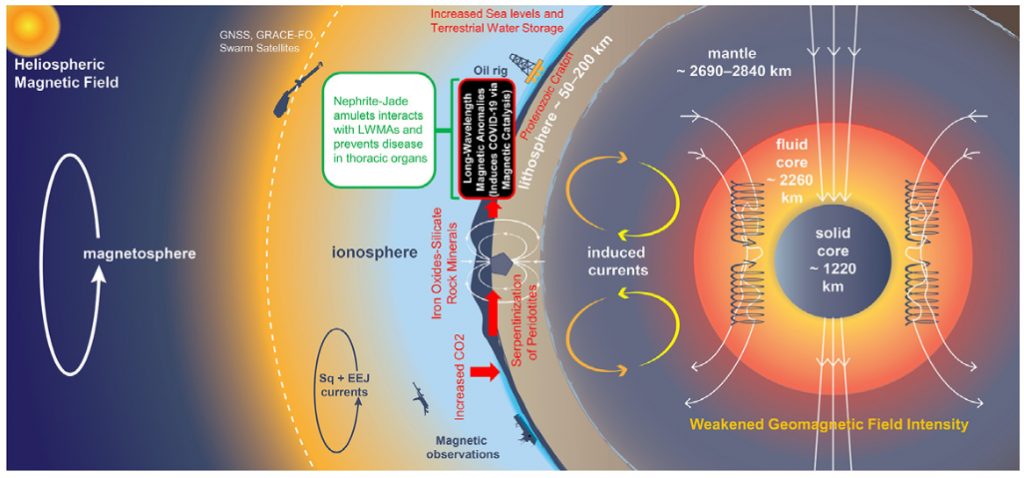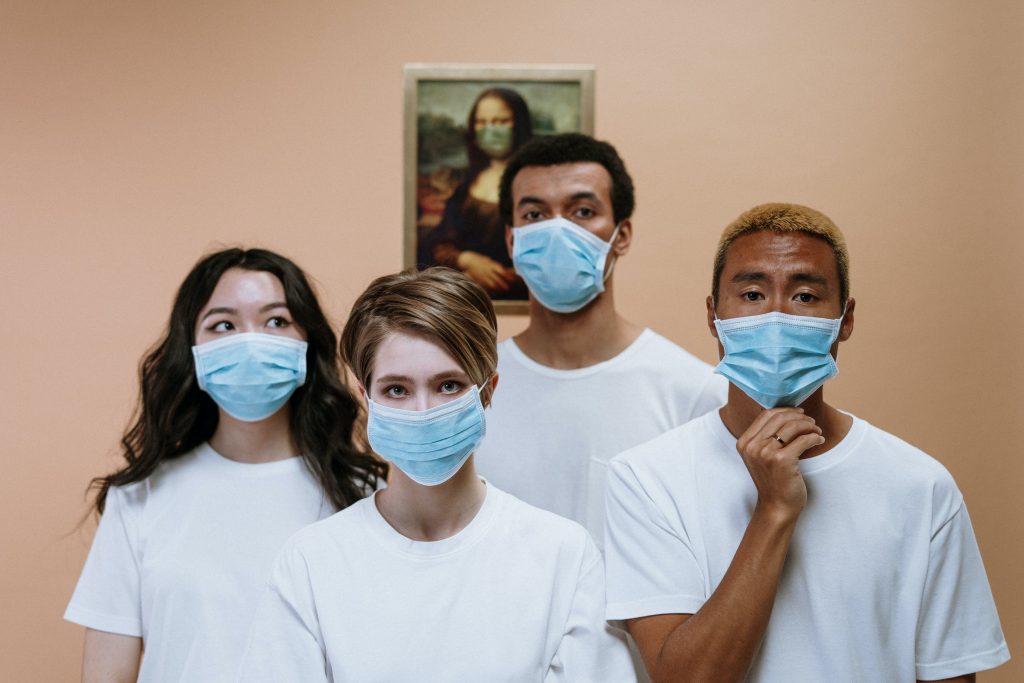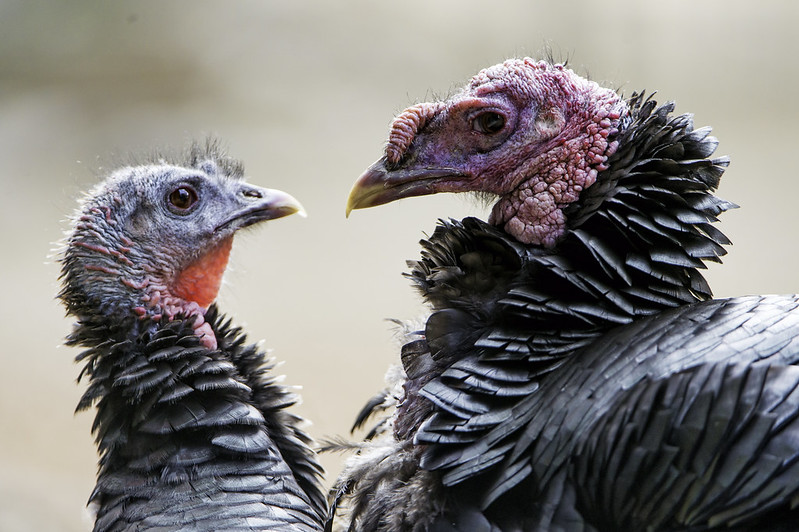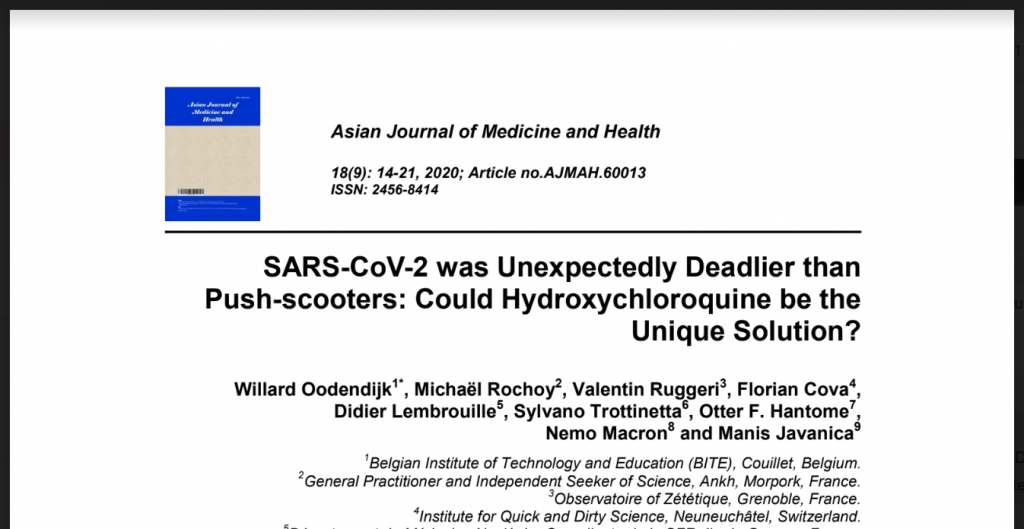
When a Twitter user tipped us off last week to the mysterious disappearance of a preprint of a paper on a potential new therapy to treat Covid-19, we were curious. Was it a hidden retraction, or something else?
The article, titled “Effectiveness of ZYESAMI™ (Aviptadil) in Accelerating Recovery and Shortening Hospitalization in Critically-Ill Patients with COVID-19 Respiratory Failure: Interim Report from a Phase 2B/3 Multicenter Trial,” had popped up on SSRN on April 1.
The trial was funded by NeuroRX, the maker of Zyesami, which trumpeted the results in a series of press releases dating back to February 2021. NeuroRX has been partnering with Relief Therapeutics on the development of the drug, but that marriage seems to be rather rocky.
Guillaume Cabanac, a computer scientist in France, tweeted that by May 10 the paper had vanished with only a trace of meta-data. As another Twitter user noted, however, the article had reappeared on the preprint server with a different title. (We see the post date on SSRN as May 11.)
We took a look at the two articles and found some interesting differences.
Continue reading ‘Preprints are works in progress’: The tale of a disappearing COVID-19 paper



